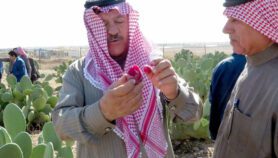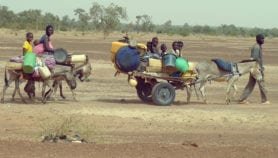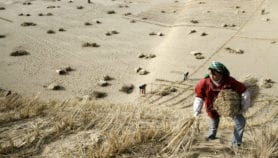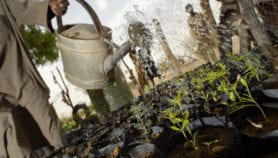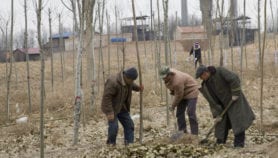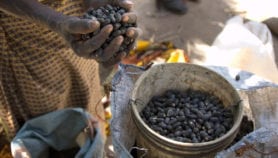Send to a friend
The details you provide on this page will not be used to send unsolicited email, and will not be sold to a 3rd party. See privacy policy.
Jiang Jiyu has spent nearly a decade studying how a vegetable, the Jerusalem artichoke, could help stop the spread of deserts in Inner Mongolia, China.
This China Daily article describes the 65-year-old’s efforts to grow the plants, which can tolerate sandy conditions and have edible tuberous roots.
The former farmer tested how the plants grow under different conditions before planting them over 80 hectares of land in Inner Mongolia in 1999. A drought killed the area’s wild plants but, in a triumph hailed by the media, the Jerusalem artichokes survived.
With help from students Jiyu planted seedlings on a further 200 hectares, and started investigating ways of processing the nutritious roots as a food product.
But an outbreak of SARS (severe acute respiratory syndrome) cut off discussions with an interested businessman, and Jiyu had no means to guarantee an interest-free loan of US$625,000 offered by the State Forestry Administration.
Undaunted, Jiyu is still committed to promoting Jerusalem artichokes as a weapon against the spreading sands. He has donated more than 200 tonnes of the plants for cultivation in China’s Hebei and Liaoning provinces over the past few years.


